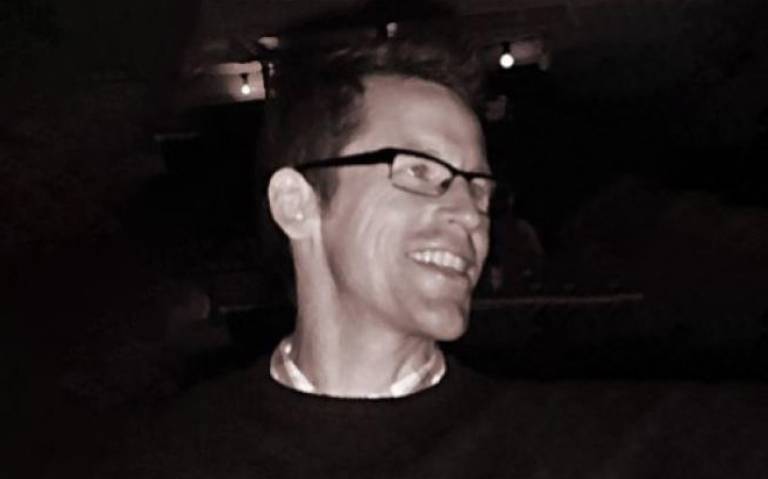Dr JD Carpentieri (IOE, UCL's Faculty of Education and Society), Chao Fang (University of Liverpool) and Sarah Akhtar Baz (University of York) explore how long COVID patients helped us understand what it's like to lose all sense of identity and purpose in life.

Lucy* used to be known fondly as the "iron lady" by colleagues at work. In her mid-50s and still the main breadwinner for her family, she had always thought of herself as strong, energetic, and indestructible - but not any more.
Since contracting COVID-19 in March 2020, Lucy told us she had been struggling with relentless fatigue, joint pain, breathlessness, brain fog and sensory dysfunction. But worse than any single symptom is how this leaves her feeling about her own identity. She said she found herself unrecognisable, a shadow of the person she used to be:
"This isn't who I am - I don't recognise myself. I panic if I get on the Tube and there's no seat. It's a very strange feeling, like not being in your own body. My fear is I'll never really get better, and that I'm always going to be at 70% of my former self.
In November 2020, Lucy was diagnosed with long COVID, a condition encompassing many symptoms that last far beyond the acute stage of COVID infection - at least 12 weeks but often far longer. In our interviews, Lucy described struggling not only with great physical suffering but an overwhelming sense of losing control over her life:
"I was crying and crying - it was absolutely heartbreaking. I just could not get over the fact I wasn't getting better … I'm not usually a crier but the tears, my God - the physical illness made me feel so tearful, as well as the desperate nature of feeling so ill for so long.
In his 1946 book, Man's Search for Meaning, the psychiatrist and Holocaust survivor Viktor Frankl wrote: "Life is never made unbearable by circumstances, only by lack of meaning and purpose." These words ring true in the story of Lucy, whose illness has brought her face to face with existential crisis as she confronts the realisation that her once rich and meaningful life may have slipped away, leaving her uncertain and fearful about what lies ahead.
I half feel myself shutting down … almost like: 'Oh, my God, I'm counting the years till I can stop.' You know, when can I retire? It's like I can't picture myself any more in the same way [that I used to], on an upward trajectory.






